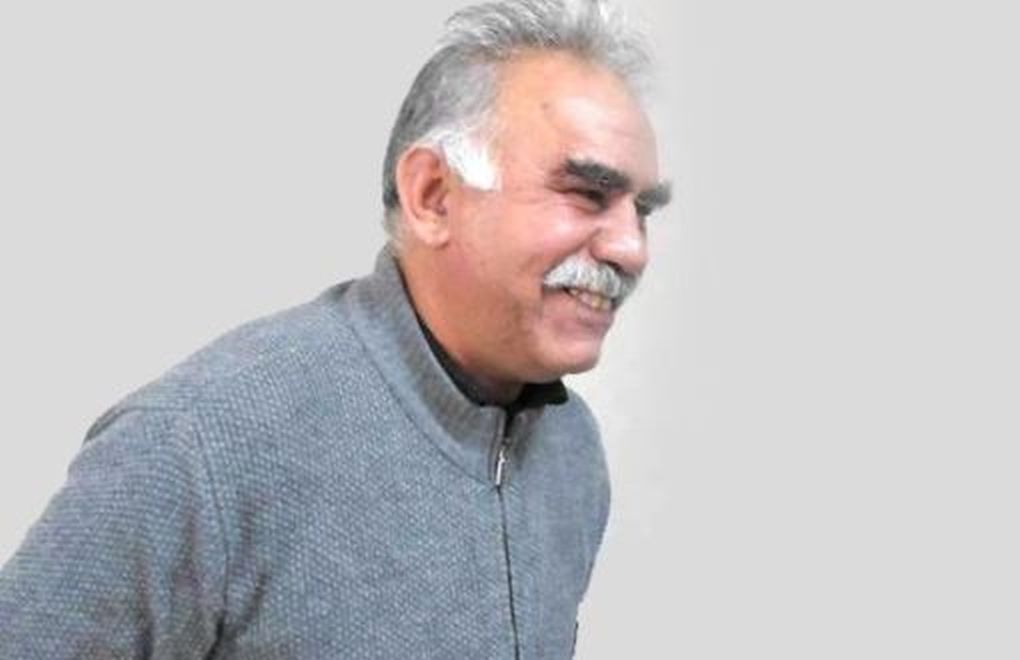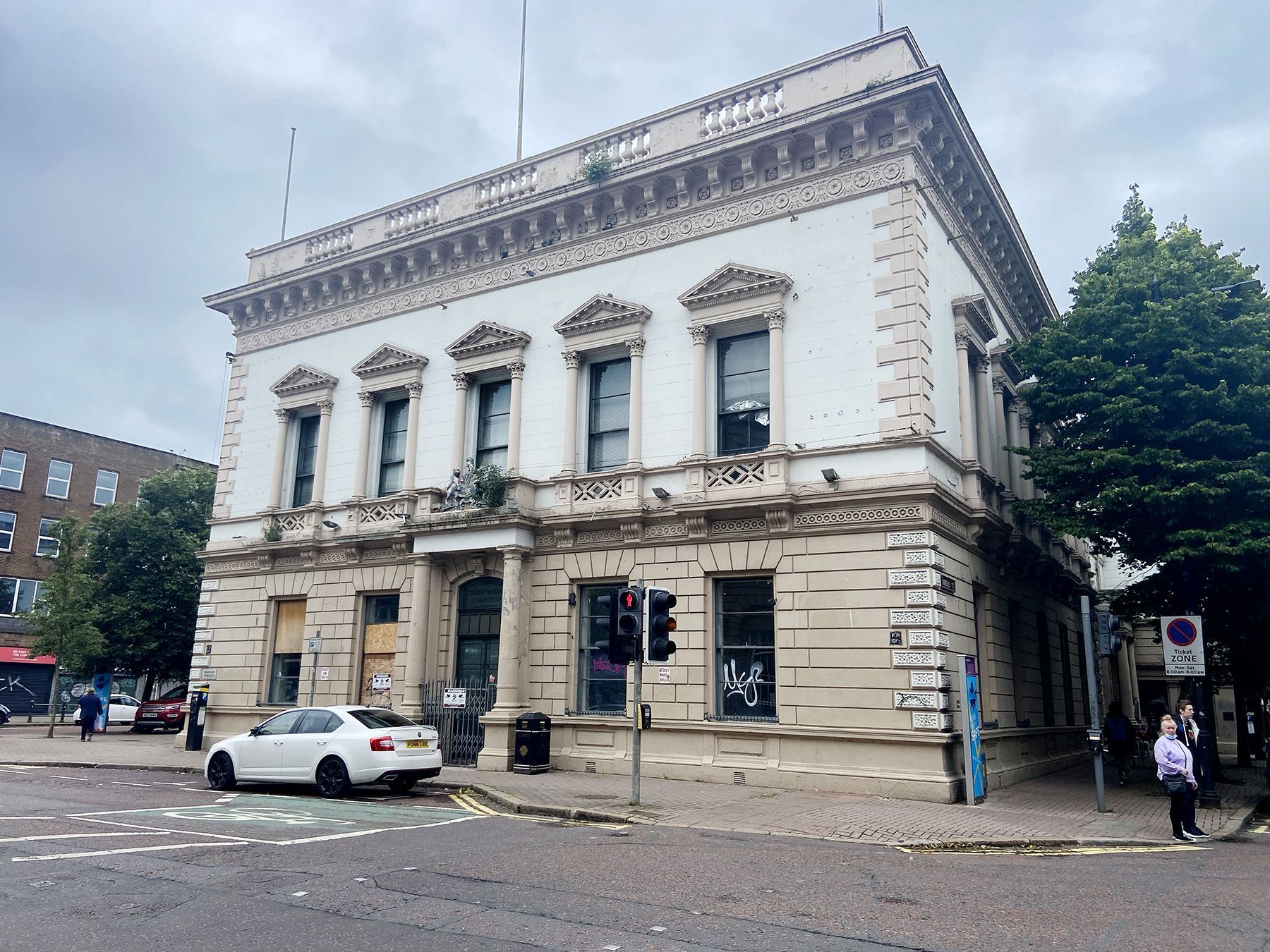The North began, the North held on,
The strife for native land;
When Ireland rose to smite her foes
God bless the Northern land.
Thomas Davis
IN the 1790s Belfast was the centre of an Irish political movement which linked Antrim and Down with the Republics of France and America, and Belfast citizens celebrated the Fall of the Bastille, drank toasts to Mirabeau and Lafayette and studied Payne’s great book, The Rights of Man.
Meanwhile, Presbyterians formed the Society of United Irishmen and declared for Catholic emancipation, for the abolition of church establishments and tithes, for resistance to rack rents and for sweeping agrarian reforms. They gave a cordial welcome to Mary Wollstonecraft’s Vindication of the Rights of Women and joined with their Catholic neigbours in the struggle for national independence and political democracy.
It was a time of change, of great ideas and of hope for a new future free from England’s clutches. The French revolutionary demands for Liberté, Égalité, Fraternité/Liberty, Equality, Fraternity struck a chord that galvanised the 20,000 inhabitants of Belfast at that time. If the people of France could overthrow the monarchy, the ancien régime, why couldn’t the people of Belfast and beyond end the many abuses inflicted by an English government on the Catholic and Dissenter (Presbyterian) people of Ireland?
The rising which the United Irishmen organised was brutally suppressed. Along with that savage coercion we also lost much of that part of our history. Few of the buildings of that period still stand. First Presbyterian Church in Rosemary Street is one. Clifton House in North Queen Street is another. So too is the Linen Hall Library.
Another is the Assembly Rooms – previously known as the Exchange – on the corner of North Street and Waring Street. It was built as a market house in 1769 and seven years later a second floor was added. It was at the centre of the economic and cultural life of Belfast. For a time, the United Irish leader Henry Joy McCracken held a Sunday school there for the children of the poor. It was in the Assembly Rooms in 1786 that Waddell Cunningham, a merchant, proposed the establishment of a Belfast-based slave trading company. It was opposed by Mary Anne McCracken, her brother and others who later established the United Irish Society. The proposal was roundly defeated. Six years later the harpers of Ireland held their last Assembly there.
Shortly after the defeat of the ’98 rebellion, Henry Joy and others were court martialled in the Assembly Rooms They were then walked the short distance to High Street, where they were hanged.
In the two hundred years after that the Assembly Rooms continued to play an important role in the economic and cultural life of the city, before eventually becoming a bank. It closed in 2000 and the building has remained largely vacant since then, slowly decaying.
Currently, Belfast City Council and the Assembly Rooms Alliance are involved in a process to try and save the building from dereliction. If successful, the Assembly Rooms would be an important historical, multicultural addition to Belfast’s heritage. I support their efforts. Its preservation would symbolise the determination of the city to protect our history while looking to the future.
Kurdish peace move a ‘pivotal moment’ for region
FOLLOWING World War 1 the European colonial states divided the Middle East into British and French zones of interest. An initial commitment to a Kurdish state was ignored and the Kurdish people were forcibly partitioned between Syria, Turkey, Iraq and Iran. Winston Churchill, who was Colonial Secretary in 1920 and helped draw up the state boundaries of that region, cleared the use of poison gas against the Kurdish people in Iraq.
The renowned writer and historian Noam Chomsky writes that Churchill favoured the use of poison gas against “recalcitrant Arabs” as an “experiment” and cleared their use on the basis that “I am strongly in favour of using poisoned gas against uncivilised tribes.”
Since then the region has been convulsed with conflict, not least the centuries-long struggle of the Kurdish people for self-determination.
STATEMENT: Abdullah Öcalan is ready for the PKK to disarm
Declan Kearney and I have signed a public statement, along with over 200 international political leaders, human rights campaigners, women’s activists, artists, academics, journalists, jurists, and human rights and civil society activists, urging all parties to the conflict between the Kurdish people and Turkey to “take decisive steps towards a lasting peace”. The public letter follows the recent declaration by imprisoned Kurdish leader Abdullah Öcalan calling for the Kurdistan Workers Party (PKK) to disarm and dissolve.
Öcalan’s statement received a positive response from the PKK and has been widely welcomed by Kurdish leaders, creating a new sense of hope that peace and a future away from a conflict can be brought.
Öcalan, who helped found the PKK, has been imprisoned for over 25 years by Turkey, where he has been held in solitary confinement and denied visitation rights for much of that time. Nevertheless, he has become a voice for peace, a leader willing to offer the hand of friendship to enemies. Despite his decades of incarceration, he has forged a road map to peace that commits the Kurdish people to democracy and freedom and tolerance, stating that it is time to “silence the weapons and let the ideas and politics speak”. Öcalan’s call follows months of recent negotiations that have revived regional peace talks.
In the joint letter signed by international supporters, we describe Öcalan's statement as “a pivotal moment for Turkey and the Kurdish people, aiming to end decades of conflict and pave the way for a democratic society. This call represents a vital opportunity to bring stability to Turkey and the Middle East, protect human rights, and facilitate reconciliation” and we urge all sides to “seize this historic moment to work together for peace and justice for all Turks and Kurds.”
This is a significant moment for the region. The Good Friday Agreement negotiations underpin the importance of all political representatives being involved the process and that dialogue is essential.
As in our own situation and that of the Basque Country, South Africa and other conflicts, the international community can play a very constructive role in supporting political agreement and a peaceful outcome. I would urge the international community to grasp this opportunity. A successful peace process would be a huge encouragement to increase efforts in other parts of the region. I want to commend Abdullah Öcalan for his leadership and vision and urge the Turkish government to release him.
Budgeting for the future
THE spring budget statement from the British Chancellor exemplifies much that is wrong in the current union between the North and England.
It was a statement that Margaret Thatcher would have approved of. It directly attacks the most vulnerable in society and promises more cuts to public services, including welfare provision. It commits Labour to the implementation of policies that will cause significant difficulties for the North. It will significantly increase poverty, particularly for children and people with disabilities. At the same time, Labour intends spending more n weapons for war.
We need to step away from a union in which the North is an afterthought to London governments and embrace a future based on Irish unity. Reunification would resolve the issue of national self-determination that has bedevilled relationships on this island and between these islands for centuries. It would end partition and the divisions arising from it that have stymied political and economic growth for generations. It would provide a positive space in which the rights of all sections of our people can be protected. The advances in the all-island economy are already proving that our economic future is best served in an all-Ireland context. The end of the duplication of services will benefit everyone and ensure better public services.
The reality is that the North is tied to a British economy that is in deep trouble. A united Ireland and an all-island economy which we control promises a brighter future.





